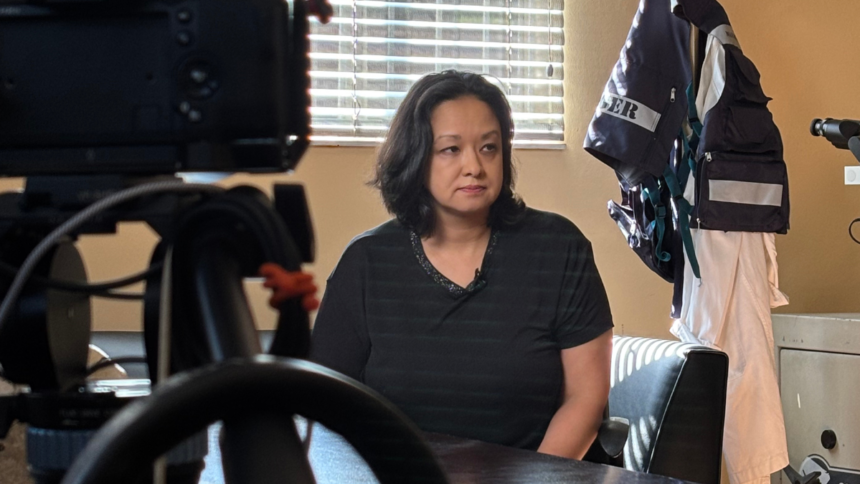The issue of abandoned newborns and foetuses in South Africa is a heartbreaking reality that continues to plague the country. These innocent lives are often found in desolate places such as landfills, velds, and public toilets, wrapped in plastic or clothing, or discarded in backpacks. The discovery of these remains is a grim reminder of the desperate measures some women take instead of seeking legal and safe abortions.
Researchers from Wits University have been diligently gathering data on these cases, hoping to shed light on the reasons behind this disturbing trend. The team, led by forensic pathologist Shakeera Holland, has been studying the remains that end up at the Diepkloof Forensic Pathology Service in Soweto. Their findings reveal a staggering number of non-viable cases, indicating that many of these newborns and foetuses would not have survived outside the womb.
According to Holland, the high number of non-viable cases could be linked to illegal abortions, a conclusion supported by previous studies. The lack of information and education about abortion, as well as inadequate medical care, are major contributing factors that drive women to seek unsafe abortion providers.
In a recent interview with Holland, she revealed that approximately 2% of South Africa’s 70,000 unnatural deaths are abandoned neonates and foetuses. These abandoned remains are often left in secluded areas where people believe they won’t easily be found. Autopsies conducted by Holland’s team have revealed that the most common causes of death are non-viable foetuses and stillbirths, with trauma being a rare but devastating occurrence.
The research conducted by Holland and her team is crucial in understanding the underlying reasons for these tragic events. By shedding light on this issue, they hope to spark further research and awareness that will ultimately lead to better education and support for women facing unplanned pregnancies. The ultimate goal is to prevent these heartbreaking occurrences and ensure that every woman has access to safe and legal reproductive healthcare. Post-mortem reports are crucial in determining the cause of death and providing valuable information for further investigation. In South Africa, once a post-mortem report is completed, it is submitted to the South African Police Service for review and possible prosecution. The fate of the remains depends on the age of the foetus or neonate. Foetuses less than 26 weeks are discarded as medical waste, while neonates of 26 weeks and older are buried as paupers if no one claims the remains.
During a recent interview, concerns were raised about the workload of doctors conducting these autopsies. Currently, each doctor is performing between 500 to 600 post-mortems per year, far exceeding the ideal number of 250. Despite the availability of over 1,000 unemployed doctors in the country, there are not enough funded posts to accommodate them in this critical service.
The lack of access to safe contraceptive and termination of pregnancy services for young women was also highlighted as a contributing factor to the high number of abandoned babies in South Africa. The law allows girls as young as 12 to access contraception without parental consent, but many may lack the necessary information or safe access to these services.
Efforts are being made to address these issues through research and policy development. By identifying the root causes of the problem, stakeholders hope to advocate for necessary interventions to improve access to reproductive health services for young women.
This article is based on the Health Beat TV programme, “Why are thousands of babies dumped each year in SA instead of being safely aborted?” which aired on eNCA. For those seeking information on abortion services in South Africa, Where to Care provides a regularly updated list of providers.
The Bhekisisa Centre for Health Journalism produced this story. Readers can sign up for their newsletter for more health-related news and updates.








